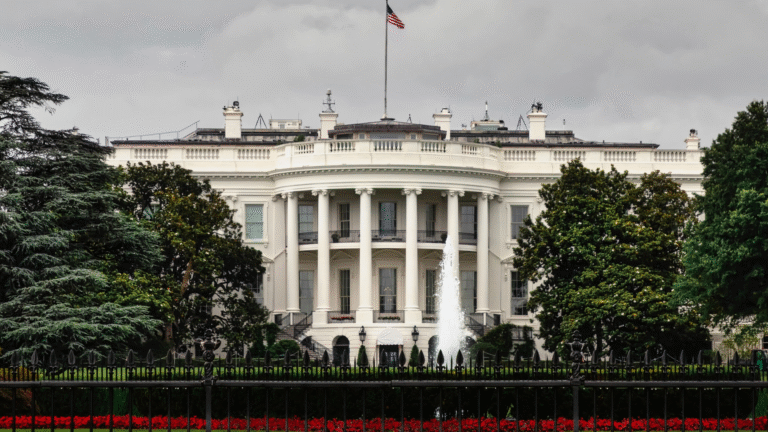Generative AI
What is Generative AI?
Generative AI refers to a class of AI systems designed to produce new content—text, images, audio, video, or other modalities—rather than just analyzing or classifying existing data. These models learn patterns from large datasets and generate novel outputs that follow similar distributions.
Key points:
- Examples include GANs (Generative Adversarial Networks), diffusion models, and LLMs for text.
- Generative AI is behind tools like AI art generators, synthetic media, text generation systems, and code generation systems.
- Risks include plagiarism, hallucination, bias, and misuse (deepfakes, misinformation).






